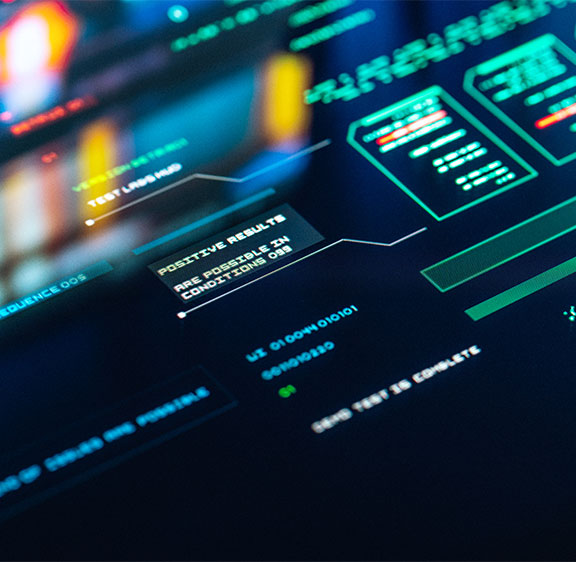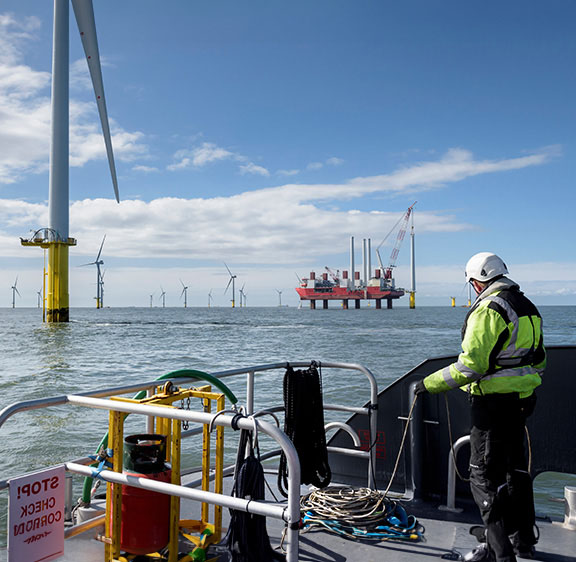Aligning long-term sustainability goals
As the Head of Sustainable Platforms at Eviden, I had recently participated in the 12th annual World Ocean Summit & Expo held in Lisbon from March 11 to 14. The summit, a beacon of hope for ocean conservationists worldwide, provided a platform for leaders to delve into crucial discussions surrounding ocean health, sustainable economies, and climate solutions. One of the focal points of the event was the dire issue of plastic pollution plaguing our oceans.

The real-world problem: Planet vs Plastic
The danger of plastic pollution is far-reaching, with devastating consequences for marine life, ecosystems, and human well-being. While the summit underscored the urgent need to address this crisis comprehensively, I want to share some of the key takeaways from the event. The theme of Earth Day 2024 is Planet vs Plastic, and this seems like a perfect opportunity to reiterate the plight of our environment, especially our water bodies. It is key, now more than ever, to ensure we educate ourselves and drive awareness to prevent further impacts of plastic on our oceans.
Understanding the impact of plastic on our lives
Let’s take a look at the key impact areas of this threat:
- Marine life endangerment:
- Entanglement and ingestion: From majestic whales to delicate sea turtles, marine creatures are often ensnared or ingest plastic debris, leading to injury, suffocation, and even death.
- Toxicity: Plastics leach harmful chemicals, posing a grave threat to marine organisms, disrupting hormonal balances, and causing reproductive issues.
- Ecosystem disruption:
- Coral reefs: Plastic waste can smother coral reefs, depriving them of vital sunlight and exacerbating their vulnerability to diseases.
- Oxygen production: Microplastics jeopardize the health of phytoplankton that are critical oxygen producers and foundational elements of marine ecosystems.
- Food chain contamination:
- Bioaccumulation: Plastics accumulate and magnify through the marine food chain, culminating in potential health risks for humans who consume contaminated seafood.
- Pollution and habitat destruction:
- Beaches and shorelines: Plastic debris tarnishes the natural beauty of coastlines, adversely affecting local communities and tourism.
- Microplastics: These minuscule particles pervade even the most remote marine environments, proving challenging to eradicate.
- Chemical transportation:
- Global reach: Plastics serve as vectors for transporting harmful chemicals across vast distances, exacerbating pollution in previously pristine areas.
- Economic and cultural impacts:
- Financial strain: The financial burden of cleaning up plastic pollution burdens governments, communities, and industries, impairing economic sustainability.
- Cultural degradation: The despoilment of marine environments robs communities of cultural and recreational value, undermining the essence of coastal living.
Collaborate to combat plastic
Efforts to combat plastic pollution entail a multifaceted approach, such as the following:
- Reducing plastic production
- Enhancing waste management practices
- Promoting biodegradable alternatives
- Conducting large-scale clean-up operations
However, lasting solutions demand global cooperation and sustained action across all sectors of society.
We need collective action to safeguard our oceans and preserve them for generations to come. Let us redouble our efforts to combat the torment of plastic pollution and chart a sustainable future for our blue planet.
- Connect with me to discuss how you can align your sustainability goals to the planet’s future.
- Contact us and discover how Eviden’s innovative solutions can support your organization’s journey towards sustainability.


